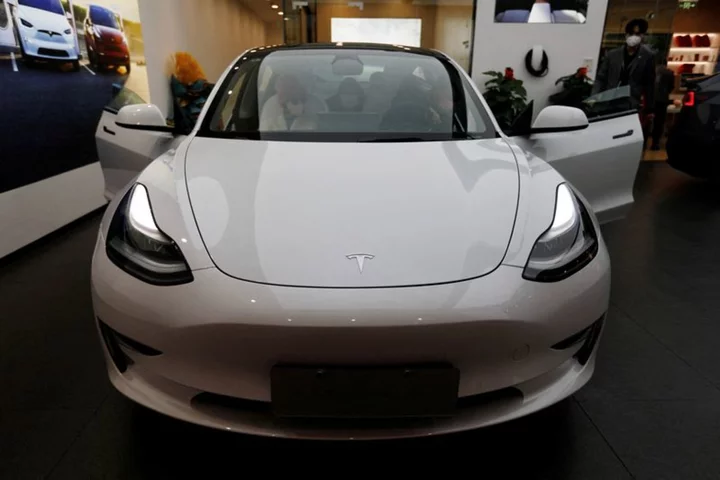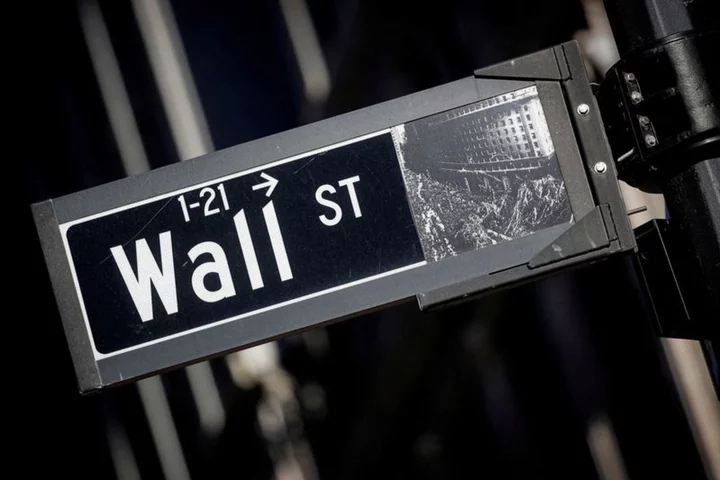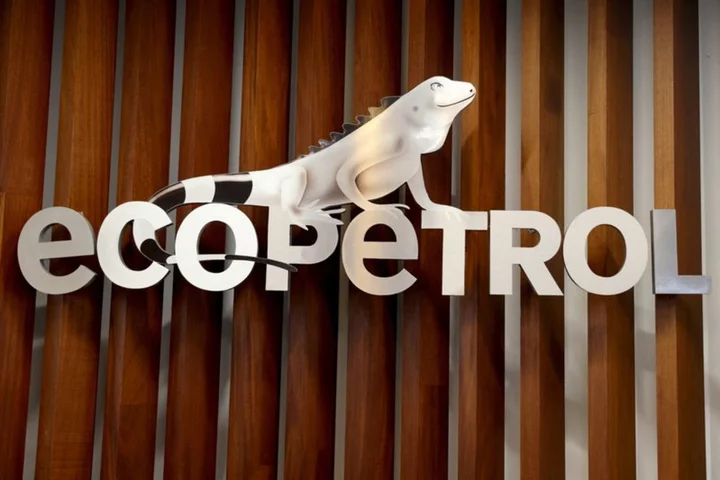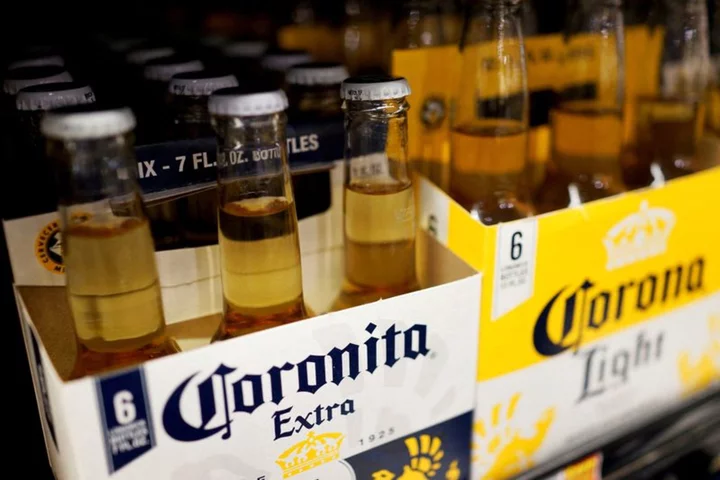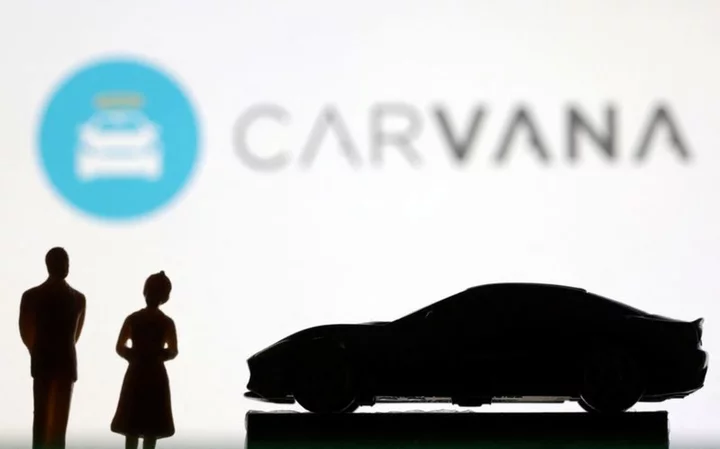By Aditi Shah and Aditya Kalra
NEW DELHI (Reuters) -Tesla Inc has held discussions with Indian officials about domestic incentives being offered to car and battery manufacturers, said a person with direct knowledge of the talks, as the automaker looks anew at entering the Indian market.
The U.S. electric car maker has proposed setting up a factory in India to build electric vehicles, Reuters reported on Wednesday.
Plans to locally manufacture EV batteries are also being discussed, said the person with direct knowledge.
Tesla is "still testing the waters and trying to understand the local policies," said the person, who declined to be named as the talks were private.
The automaker did not immediately respond to an emailed request for comment.
The recent discussions represent a shift in stance for Tesla.
Late last year it was focused on seeking lower import taxes on cars, which can be as much as 100%, and talks with the Indian government became deadlocked. India is keen for Tesla to build vehicles locally but the company argued it wanted to export first so that it could test the strength of demand.
According to the person with direct knowledge of the matter, recent talks have touched on India's taxes on imported cars but have mainly centred on how Tesla could make use of a government scheme, the source said.
The government has set aside around $6 billion under a program to boost EV sales and manufacturing. Under the scheme, automakers and battery manufacturers can get certain cashback incentives for selling and exporting locally made vehicles and parts.
"It appears Tesla has come with a different heart and head this time to take advantage of the auto boom (in India)...Tesla can negotiate on things like taxes better if it first sets up a plant," said Mohan Shukla of New Delhi-based public policy advisory, White Dolphin Media.
Outside the United States, Tesla also has a plant in Shanghai - its largest factory worldwide - and a plant in Brandenburg, Germany.
India is the world's third-largest automobile market. Prime Minister Narendra Modi's administration has set an ambitious target of having EVs account for 30% of India's total car sales by 2030 from around 1% today.
While Tata Motors leads EV sales in India, China's BYD, Stellantis and Hyundai Motor also have models on the market.
(Reporting by Aditi Shah and Aditya Kalra; Editing by Edwina Gibbs)

